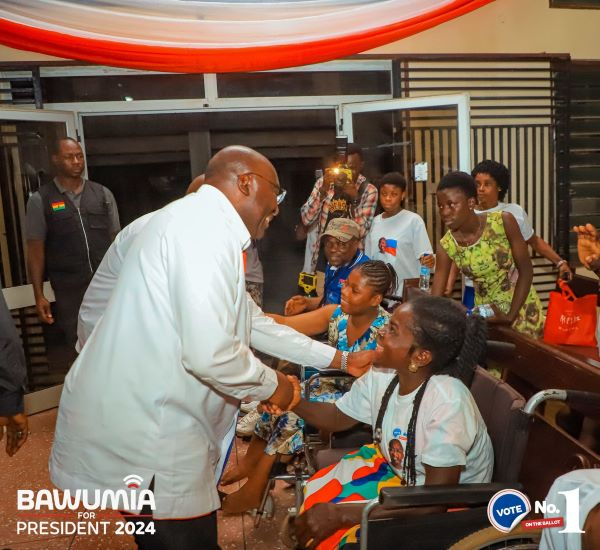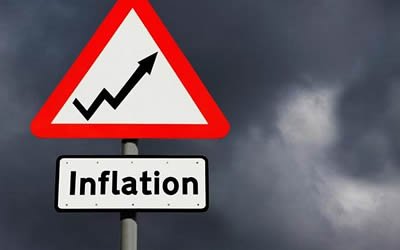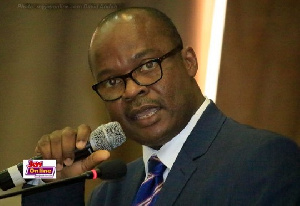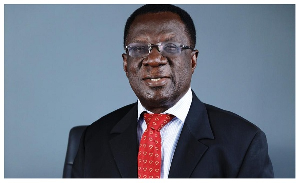FULL TEXT: BoG Governor’s remarks after Ghana’s completion of second IMF review
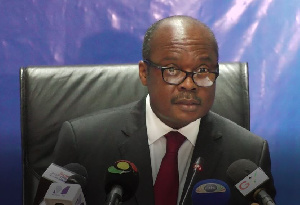
Let me start by saying that the Ghanaian Authorities have made unprecedented efforts to address macroeconomic imbalances. Today, the macroeconomic outlook is dramatically improving and there are clear signs of economic stabilisation; growth is surprising on the upside, inflation has fallen significantly, fiscal policy is consolidating, and foreign exchange reserve build-up has been robust.
First and foremost, on inflation, we saw the trajectory in 2023 with the sharp fall from 54.1 percent at the end of 2022 to 23.1 percent at the end of 2023. This was achieved with very effective monetary policy operations which were very costly to the balance sheet of the Bank but very necessary for the public good.
The pace of disinflation, however, has not kept up in the first four months of 2024 and has only begun to fall significantly at the end of May. We expect this to continue through till the end of the year under the tight monetary and fiscal policies, stable exchange rate and the expectation of improved food supply during the harvest season.
A key determining factor will be the behaviour of the exchange rate. The improving economic fundamentals, the strong accumulation of foreign exchange reserves under the gold for reserve programme, and the agreement with the Official Creditor Committee and sovereign bondholders on debt restructuring, should all in concert provide the basis for stability in the exchange rate going forward.
With a successful conclusion of the second review, we need to begin to think of the third review of the programme and beyond and take advantage of the reform momentum. Steadfastness and commitment will be needed from now till the end of the year to see through all the structural reforms envisaged under the program, including the signing of the Memorandum of Understanding between the Ministry of Finance and the Bank of Ghana on the recapitalisation of the central bank. This will strengthen the central bank’s credibility to effectively deliver on its reforms.
I must at this point say that on a year-to-date basis (June 27), the Bank has accumulated US$917 million, ahead of the $463.8 million IMF programme targets. The Bank of Ghana will continue to work closely with the banks to ensure that they are well capitalised to deliver on their mandate to support growth. Plans to recapitalise the banks are being implemented to strengthen financial stability. Most of the banks, however, are well ahead of their recapitalisation plans and we are confident that the sector will continue to remain sound, liquid and profitable.
To conclude, inflation is still high at 23.1 percent relative to our end-year target of 15±2 percent, despite the sharp improvement. The rest of the year will be challenging but we will remain resolute, working with the Ministry of Finance and the IMF to ensure that the improving outlook is sustained.
We want to thank all stakeholders who have worked with us collaboratively to get us to this point. Thank you very much.
Source: www.ghanaweb.com

